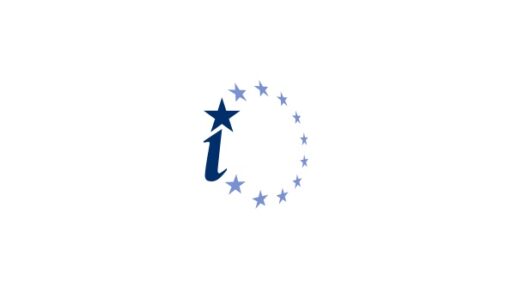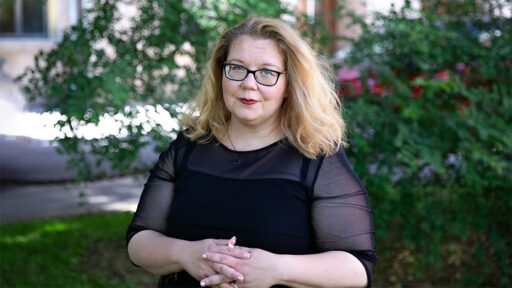Over 400 million euros from the EU to alleviate distress in Haiti
An extraordinary meeting of development ministers of the European Union was held in Brussels on Monday, 18 January because of the natural disaster in Haiti. “This is one of the greatest humanitarian catastrophes in history. The earthquake occurred in a densely populated area and the destruction is immense,” Minister for Foreign Trade and Development Paavo Väyrynen said, stressing Haiti’s massive need for aid. Through the European Commission, the EU has pledged 30 million euros in humanitarian assistance, the Member States 92 million euros; in addition, 100 million euros in early rehabilitation aid will be made available quickly. At least 200 million euros in long-term aid has also been pledged.
Minister Väyrynen was satisfied that the Finnish Red Cross and Finn Church Aid were both able to get their own relief operations in Haiti off to a quick start. “The Finnish Red Cross has already been granted 750,000 euros and Finn Church Aid 500,000 euros for relief measures in Haiti, and the organisations are likely to request additional funding,” Väyrynen said in describing Finland’s own initial efforts to alleviate distress in Haiti. “In addition, the Finnish Red Cross is now planning to send a larger field hospital together with German counterparts,” Väyrynen continued.
Massive suffering
“Even before the earthquake, Haiti was the least developed country of the Western Hemisphere. The country’s own possibilities to respond are nonexistent now that the infrastructure has been destroyed,” Väyrynen said in assessing the grim situation in Haiti. For this reason, the 100 million euros in aid other than humanitarian assistance pledged by the European Union is directed especially at restoring the functional capacity of the Haitian government in a situation where, for instance, nearly all administrative buildings have collapsed and communication links have been destroyed.
During the press conference, Väyrynen told Finnish correspondents about the report his French colleague gave about an emergency relief trip to Haiti. “Buildings were planned, above all, to withstand floods and storms, and much thick concrete was used for that reason. They didn’t hold up to the earthquake.” According to Väyrynen, the French colleague’s message was that “it is not a question of reconstruction but of building on the whole. Now the possibility of a natural disaster must be taken into account; in other words, buildings must be constructed to withstand earthquakes,” the minister stated.
Ashton ‘the phone number of Europe’ for the first time
Besides emergency relief, the EU is now also weighing the long-term need for aid, which is sure to be great. “EU Development and Humanitarian Aid Commissioner Karel De Gucht will soon go to Haiti to survey the long-term situation. Plans to organise an international donor meeting are already being drawn up,” Minister Väyrynen explained. Preliminary decisions have been made concerning the sum of 200 million euros over a longer perspective.
According to Väyrynen, the crisis in Haiti is also a test for transatlantic relations. “The decision to strive for coordination in humanitarian and development cooperation issues was taken at the summit in November,” said Väyrynen, who has worked very actively to build better cooperation through Finland’s transatlantic development initiative.
It is a promising sign that “the new High Representative, Catherine Ashton, has already spoken on the phone a few times with US Secretary of State Hillary Clinton. The phone number of Europe has been found,” Väyrynen said contentedly, referring to Henry Kissinger’s old pivotal question.
The extraordinary Foreign Affairs Council meeting was the first Ministerial meeting chaired by Ashton in her new position as the ‘Foreign Minister’ of the EU. The situation in Haiti will probably be discussed again under Ashton’s leadership, as the Foreign Affairs Council will hold its next meeting, in the composition of foreign ministers, a week from now, on Monday, 25 January.


